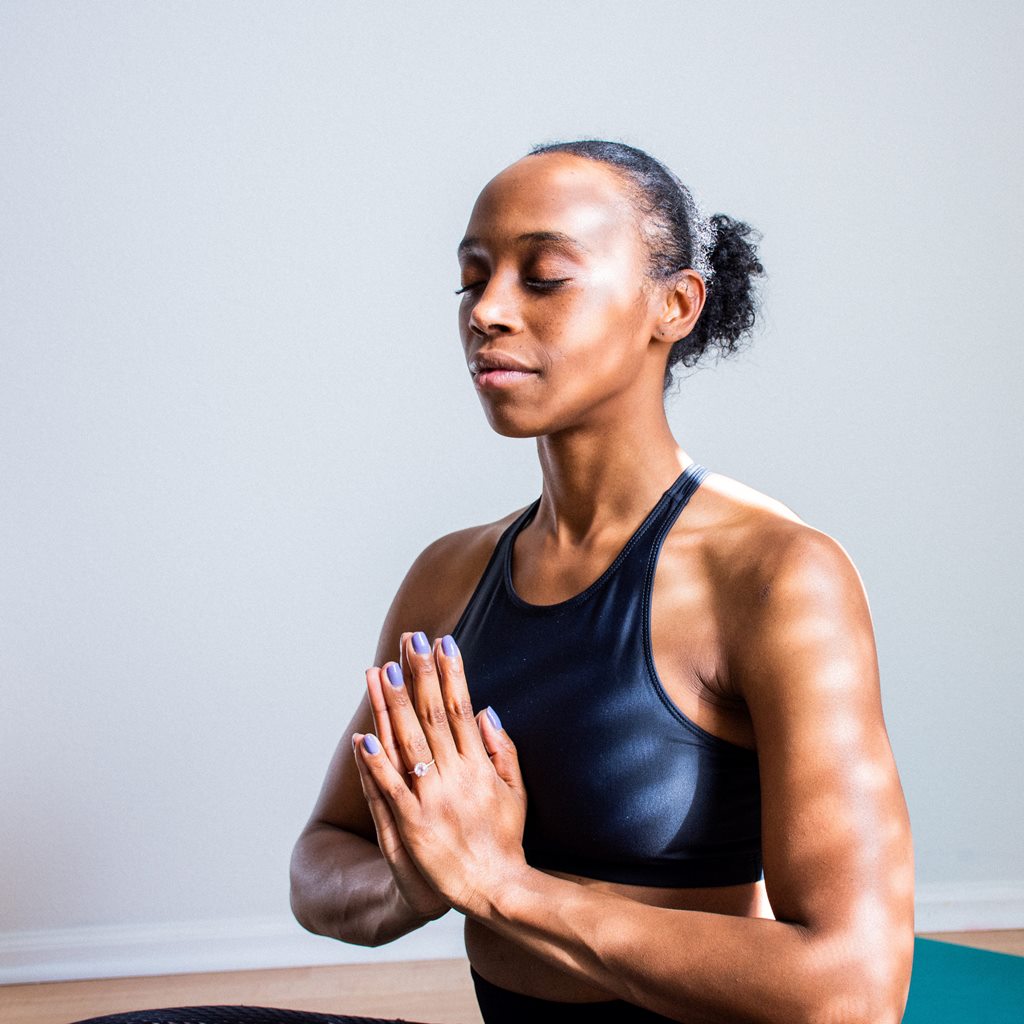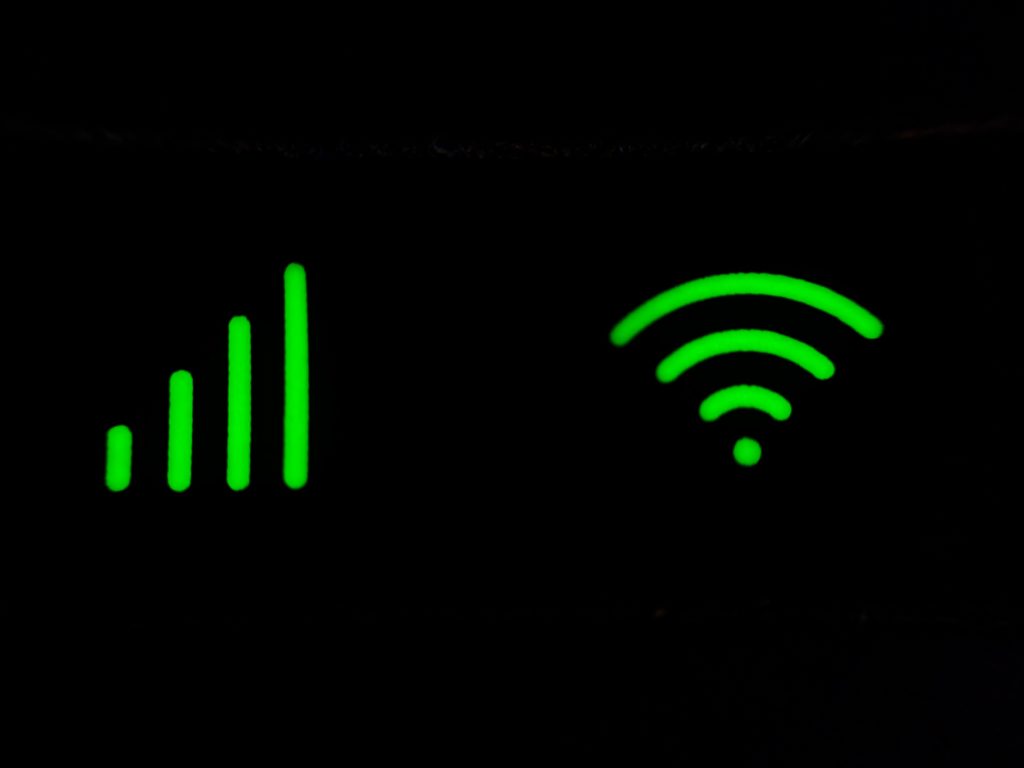
By Colette Whitaker, M.A., LMFT
If you take an early morning walk in South Pasadena like I do, your senses are rewarded daily with the sweet scents of jasmine and orange blossom. You are greeted by violet bearded irises standing at attention in your neighbor’s front yard and lazy lavender wisteria draped over a fence. The woodpecker’s percussive Morse code sends out a signal that the day has indeed begun. It is springtime here and normally this is a time of year to delight in and celebrate the abundant gifts of nature. But this spring brought an unwelcome and unpredictable guest. The current COVID-19 pandemic has turned our world upside down and instead we are left feeling scared, angry, and helpless.
As a licensed marriage and family therapist, I am accustomed to collaborating with clients as they seek to create self-awareness, heal from emotional wounds, and learn coping skills for anxiety, depression, and grief. But the changes brought about by the current pandemic have increased symptoms and severely challenged everyone’s sense of well-being. From a clinical perspective, what we are experiencing now as a community and individually is precisely what trauma looks and feels like. Trauma can be described as anytime our sense of safety and security is compromised, whether that be emotionally or physically. It includes the sting of unpredictability and uncertainty which fuels difficulty with trust and an overwhelming sense of helplessness. It can be disorienting as we struggle with responses of fight, flight, or freeze. When something from outside is thrust upon us with no warning, it can really make us feel powerless. Each one of us will have a different reaction to it depending upon one’s genetic make-up, family influence, cultural influence, and a series of life experiences. It’s important to recognize there is no one “right” way of managing it. Let yourself explore and feel whatever comes up for you as we all navigate this challenging time. You may over function or under function. As I work with clients in my private practice to address their individual reaction to anxiety, uncertainty, and trauma, I wanted to share these ideas with you to possibly help restore some sense of balance and reclaim your personal power.
1. Acknowledge your feelings.
Give yourself permission to feel a wide spectrum of things. And the way you process this current health situation may look different than your spouse, neighbor, family member, or work colleagues. There is no right or wrong way. If you find yourself getting short-tempered, judgmental of others, deeply sad, argumentative, withdrawn, or even joyful, optimistic, and light-hearted all of these are completely understandable. And you may cycle through many different feelings during the day. It is important to stay connected to yourself and your feelings but not be flooded with them all day, every day so give yourself permission to take a break and do something that brings you enjoyment. Embrace your humanness and offer kindness to yourself and others. If you can, try to stay out of judgment of your feelings and others and practice curiosity, compassion, and empathy instead.
2. What are you telling yourself about what is happening right now?
It’s essential to acknowledge what your self-talk is at this time. Eckhart Tolle, spiritual teacher and best-selling author, suggests this: experiment with becoming aware of the difference between the situation you find yourself in, and what your mind says about the situation. The mind loves to add a story to everything we see and experience, and when it does it can compound the discomfort. For instance, as the day goes by watch how your mind starts to add a story about how awful everything is, how you will go crazy with one more day of quarantine, and how much worse it’s going to get in the coming months. But these are just your thoughts. So as an antidote to that, practice sitting quietly, taking some deep breaths, and just being in the moment. Ask yourself – I wonder how else I could experience this moment if I didn’t add the mind’s interpretation to it? Be gentle with yourself as you practice, self-mastery is a life-long pursuit. But you will begin to see there is a difference between what’s actually happening in the present moment and your mind’s running commentary about it. All you really ever have is this present moment, and anything else is a story the mind is creating. Staying anchored in the now can keep you out of the mind’s story about a disastrous future.
3. Shift from out of control to choice.
There are many things that feel very out of your control right now, that is real and true. To achieve some balance, consider things you DO have control over — creating a schedule for your day, eating healthfully, connecting with others, exercising, practicing yoga and meditation, self-care, working from home, scheduling alone time, how much news or social media you watch and engage in. You are in charge of all of these things. They may feel like small things but done consistently could allow you to recognize you really do have some power over your life.
4. Get back into your body.
When we go through highly stressful situations, we naturally go into a flight, fright or freeze response. We can become emotionally and physically paralyzed or exhausted. “Immobility is at the root of trauma”, says Bessel Van der Kolk, a trauma specialist and author. When unexpected events happen, we can start to feel stuck, like we can’t move or make any progress. So to counteract the “stuckness” we feel mentally, start moving your body physically. Try scheduling physical activity into your day, whether that’s a walk, working out with weights at home, or stretching on your yoga mat. As you connect to and move the body, feel your muscles working, pay attention to what it feels like, and join the rhythm of your movement and focus on your personal strength. As you sense the power of your human body, it can positively influence your self-talk and give you a sense of agency.
5. Creating boundaries with ourselves and others is very important right now.
What does that actually mean? Here’s an example: you may desire to watch the news and social media frequently in order to keep up with health regulations and information around the world. So control how much input there is and create a boundary for you. Decide how much information is enough and when it’s time for you to turn off the news or leave your social media feed. In addition, if your schedule has changed and you are now working from home, create distinct spaces for work and play in your home if you can. Create some structure by setting up a regular routine for yourself. Wear your work clothes while you work, and then change into your home clothes when you’re done. Consider how you might schedule together time with your partner or family, and then alone time so you can reconnect with yourself. We all need time with loved ones for reassurance and support, but we also need time alone to restore and connect with the self. Have a conscious and intentional conversation about what that would look like now. And constructing a routine will assist in managing your day in smaller bits.
6. Take inventory of your internal world.
If you usually keep yourself busy and distracted with work, family obligations, meeting friends for coffee, going to the movies, you are now home with more downtime to sit and think. How is that affecting you? It’s important to organize your internal world. While there is so much uncertainty and chaos in the world outside you, try to make sense of what is going on inside you — sit with it, write it down, keep a journal, call a good friend who will listen, talk to a therapist you trust and make time to hear your thoughts out loud. Some big feelings may come up; even surprise you when they arrive. You can gain some clarity as well as self-acceptance. It can be incredibly powerful to reveal yourself unto yourself. And saying it out loud allows you to release some of the energy you’ve been using to keep it under wraps.
7. Let yourself depend on others.
In our modern world, especially in Western culture, we tend to prioritize and value being independent and self-sufficient. This does have many benefits and rewards, but have we gotten out of balance with too much independence? Relying on others might feel strange or counterintuitive at this time when stress can stir up instincts for self-preservation, but asking for help can invite connection and healing. It can foster positive feelings of trust and a belief that the world is a generous place.
8. Let yourself change.
We are always in a state of becoming. This could be the ideal time to re-evaluate your values, priorities, and lifestyle. You may have more time now in any given day to sit and think, so what insights or revelations are occurring to you? As you journey inward and experience realizations, how could you honor those and take steps towards allowing for a more authentic expression of self?
9. What about loneliness?
Are you feeling disconnected right now? There are many platforms now for staying connected — Zoom, Skype, and FaceTime, for instance. Don’t forget to reach out every once in a while. But maybe you are enjoying this time alone and are able to capitalize on all the free time by tackling those long put-off projects. We are hard-wired for social connection, and we tend to heal faster when we feel supported and held by others. In addition, as neuropsychologist Dr. Judy Ho reminds us, your reaching out to another might be very beneficial to the other person who has been experiencing loneliness. So your kindness and attempt to connect could be very healing for them.
10. Healing meditation.
If you can find a space to get quiet, try this meditation exercise: Sit quietly and comfortably, with your body supported by a chair, cushion, or pillows. Close your eyes and begin to take breaths in and out through the nose. Do not rush, let your body get heavy, surrendering into the cushion or chair. As you continue to breathe, now imagine you are taking your breath in through the area where your heart resides. Feel a connection of love with yourself and others. Receive and give the energy of love. Continue to let your body and breath soften. Now envision a glowing shield all around the outside of your body, this is your healing shield. Place your right hand over your heart and your left hand over your right. Then quietly and slowly say to yourself, “I am safe, I am calm, I am healthy, I am loved, I am worthy.” Repeat as you would like. Sit quietly for a while reassuring yourself with the protection of this healing space you have created. When you are ready, open your eyes. You can use this meditation anytime you are feeling anxious or overwhelmed.
We are in a time of brave transformation. Can you feel it? An important question to ask yourself at this very moment could be “Who do I want to BE right now?” You can operate from a place of fear, or allow yourself to learn some new things, embracing your growth and expansion. My hope is that you have found the above information helpful for relieving anxiety and recognize that you really are more powerful than you realize. Life can feel filled with anxiety, but you get to decide how you want to respond to it. That is always your choice.
Colette Whitaker, M.A., LMFT is a therapist in private practice who works primarily with individuals and couples. She has offices in Monrovia and South Pasadena. While in-person sessions are ideal, she is currently set up to provide Telehealth (online video chat) sessions during the current quarantine restrictions of COVID-19. Should you be interested in her services, she can be reached by email at: Colettemft@gmail.com. The above is not intended to be a substitute for professional medical advice, diagnosis, or treatment. Always seek the advice of your physician or other qualified health providers with any questions you may have regarding a medical condition. Never disregard professional medical advice or delay in seeking it because of something you have read here.






